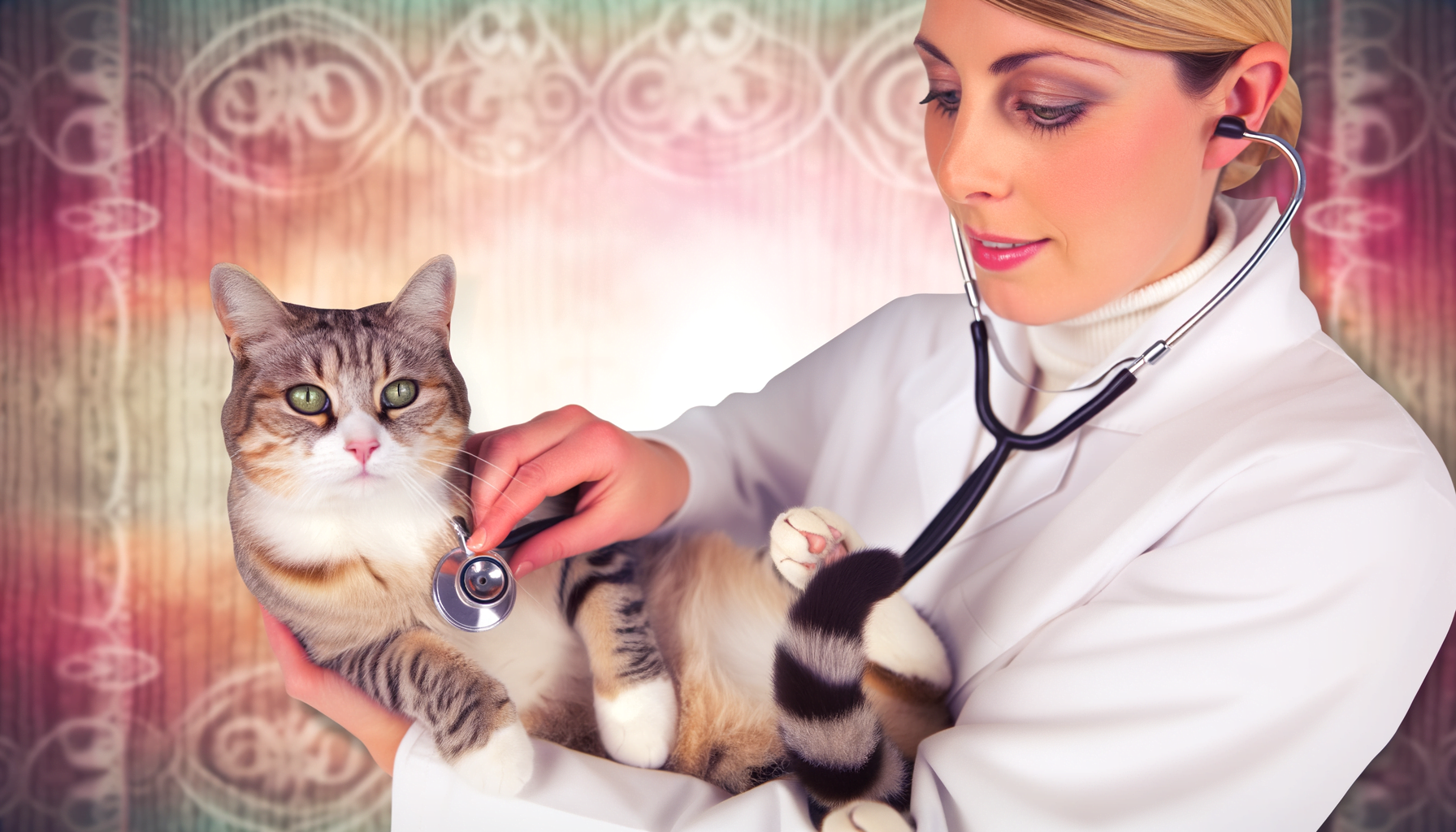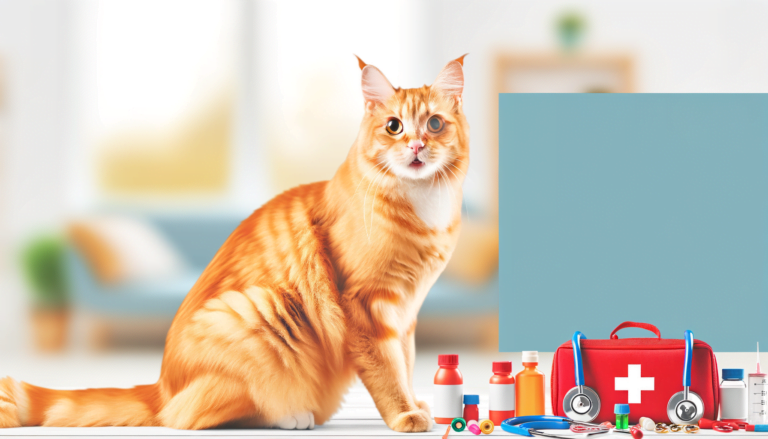Debunking Myths: The Impact of Cats on Human Health
No, cats are not bad for your health. Contrary to some misconceptions, owning a cat can have numerous positive effects on human health. These pets can provide companionship, reduce stress, anxiety, and depression, and even lower blood pressure and cholesterol levels. Furthermore, their purring sounds have been found to promote healing of bones and tissues. However, cats can sometimes transmit diseases, like toxoplasmosis, to humans, particularly those with weakened immune systems. Therefore, keeping your cat healthy and regular vet visits are vital for both your pet’s and your health.
The Risks of Cat-Related Infections and Diseases
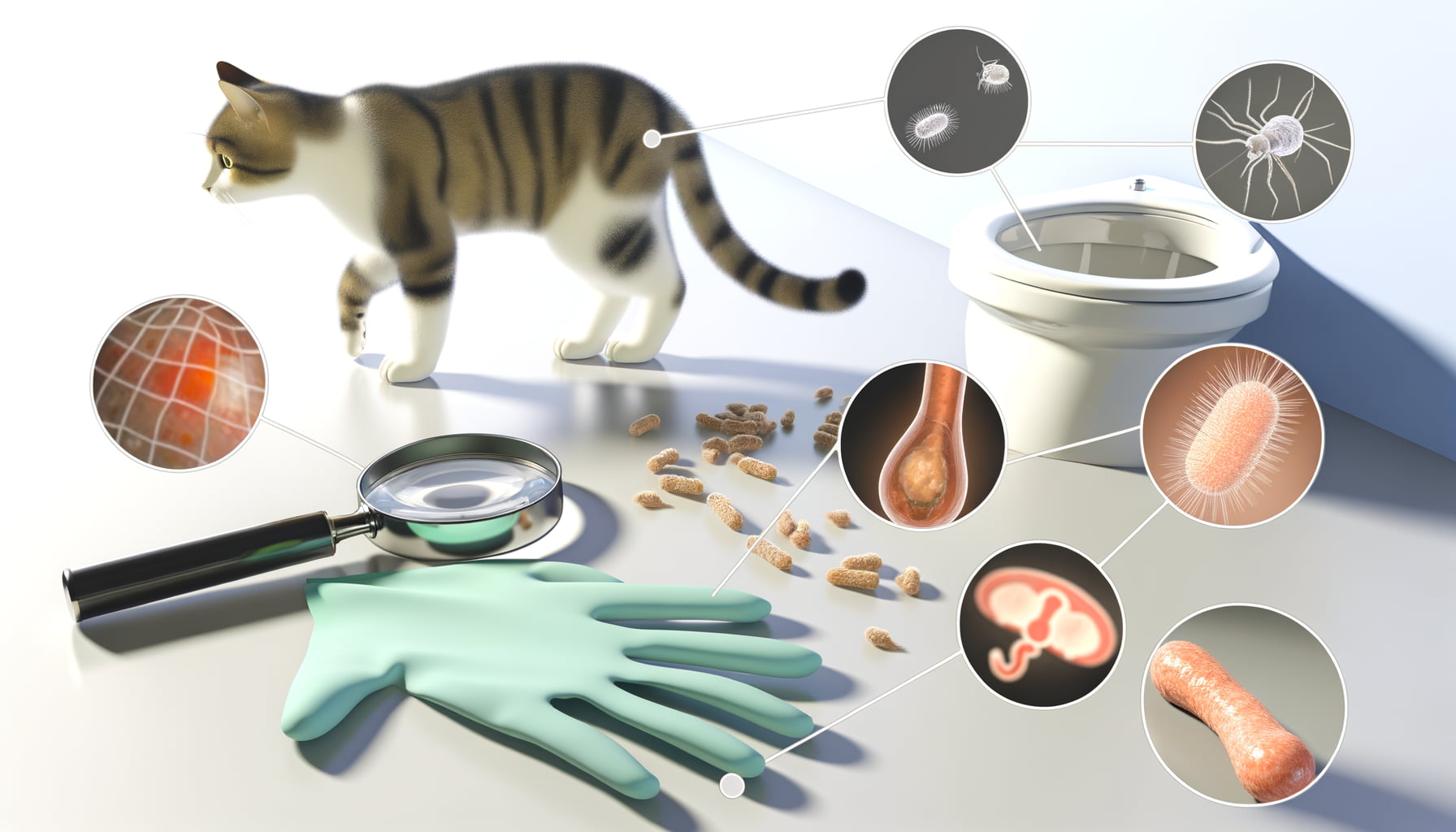
Cats, adored by many for their endearing idiosyncrasies and grace, are not without their share of health risks for humans. Among these, perhaps the most daunting is the possible transmission of infections and diseases. Many people perceive these health risks as being far greater than they are in reality, so it’s crucial to separate fact from fiction.
One such risk is Toxoplasmosis. Known to originate from the feces of infected cats, the parasite Toxoplasma gondii can cause this condition. However, it is essential to understand that humans are more likely to contract Toxoplasmosis from unsafe food handling or gardening than from their furry companions. Proper hygiene and careful handling of cat litter can further reduce this risk.
Furthermore, Cat Scratch Disease, an infection caused by Bartonella henselae bacteria, is often cited as a significant risk factor. However, it’s relatively rare and mostly affects those with an already compromised immune system. Again, maintaining clean surroundings and discouraging rough play that could lead to scratches can largely mitigate this risk.
While acknowledging these risks, we must remember that they are far from the norm. With basic precautions, the vast majority of cats remain safe, affectionate companions, providing comfort and psychological benefits that far outweigh the potential health risks. Understanding the
The Link Between Cats and Mental Health: A Complicated Relationship
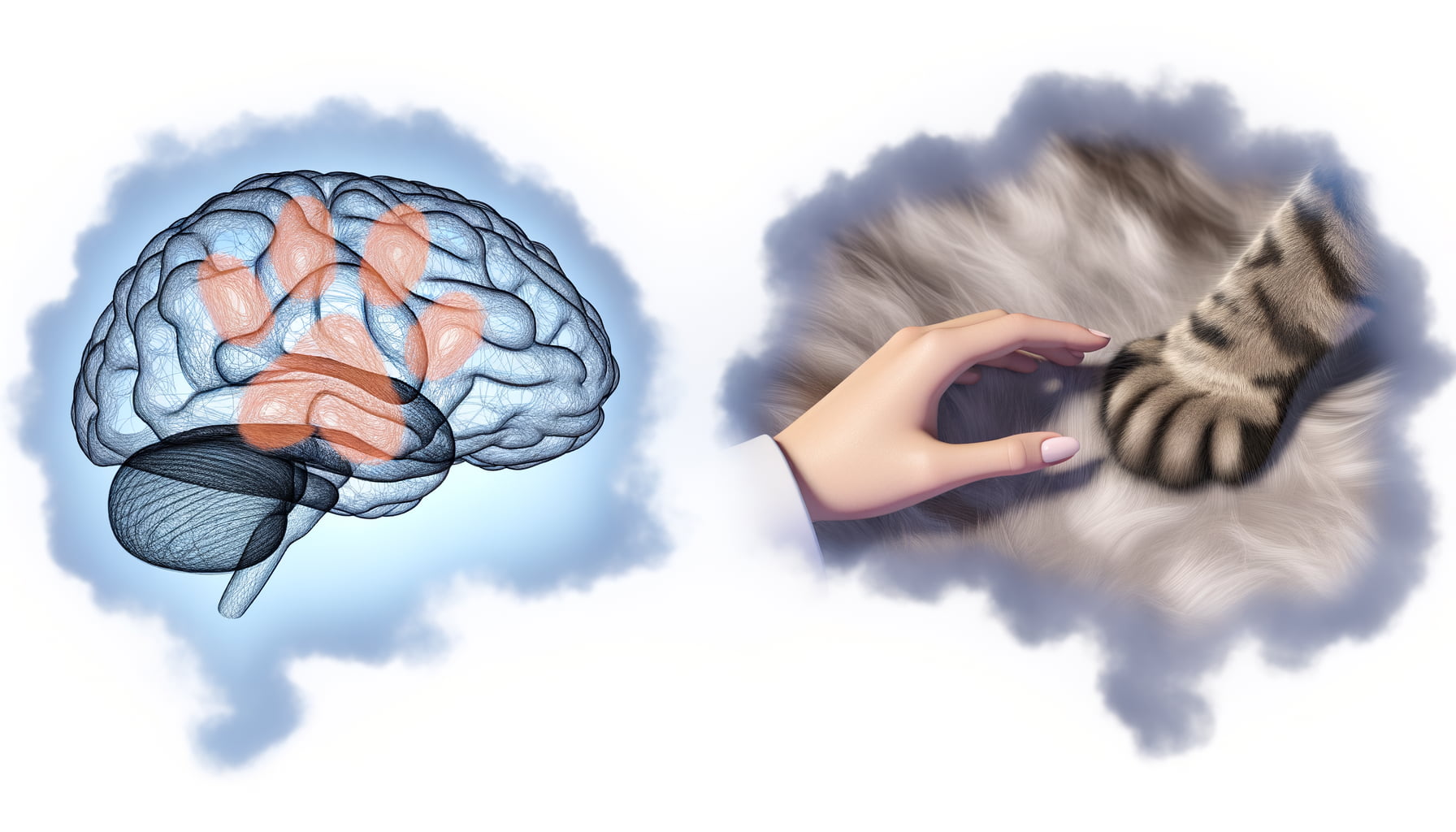
The relationship between cats and mental health presents a complicated yet fascinating interaction. Studies suggest that cat owners often experience fewer negative emotions, reduced stress levels, and ultimately, improved mental health. This link, however, is not singularly positive and straightforward.
While cats can provide emotional support and companionship, their behavior can sometimes lead to stress and anxiety for their owners. Cats, being nocturnal creatures with intricate ways of communication, might disrupt routines or cause uncertainty. These aspects can lead to a rise in stress levels, especially if the human companion fails to understand these behaviors.
In conclusion, while feline companionship can offer emotional benefits, it remains essential to note the complex nuances of such a relationship. The impact of cats on human mental health stands as a paradigm of the age-old adage—’every rose has its thorns’. Indeed, these small, captivating creatures can provide unrivaled comfort and companionship, but they can also trigger mental stress when their behavior doesn’t align with human expectations or lifestyles.
Balancing Health Concerns with the Benefits of Cat Ownership

Cat ownership is an enriching experience. It is essential, however, to balance the wellness benefits with potential health concerns. Interactions with cats can offer therapeutic impact, like reducing stress, lowering blood pressure, and lessening feelings of loneliness. Concrete evidence has shown that cats can enhance human happiness and contribute markedly to a higher quality of life.
While acknowledging these benefits, one should also consider the potential physical risks posed by cats. Diseases such as Toxoplasmosis and infections from scratches or bites are concerns that cat owners need to manage. Regular vet check-ups and good hygiene practices can mitigate these risks to a great extent. Advice from experts can help to inculcate effective practices.
Enjoying the benefits of owning a cat while ensuring one’s health safety entails a sensible balancing act. Continuous learning, keeping up with medical advancements, and acting mindfully are all integral to maintaining this balance. Cat ownership can indeed be a rewarding experience when it is approached responsibly.
Understanding the Common Allergies Related to Cats
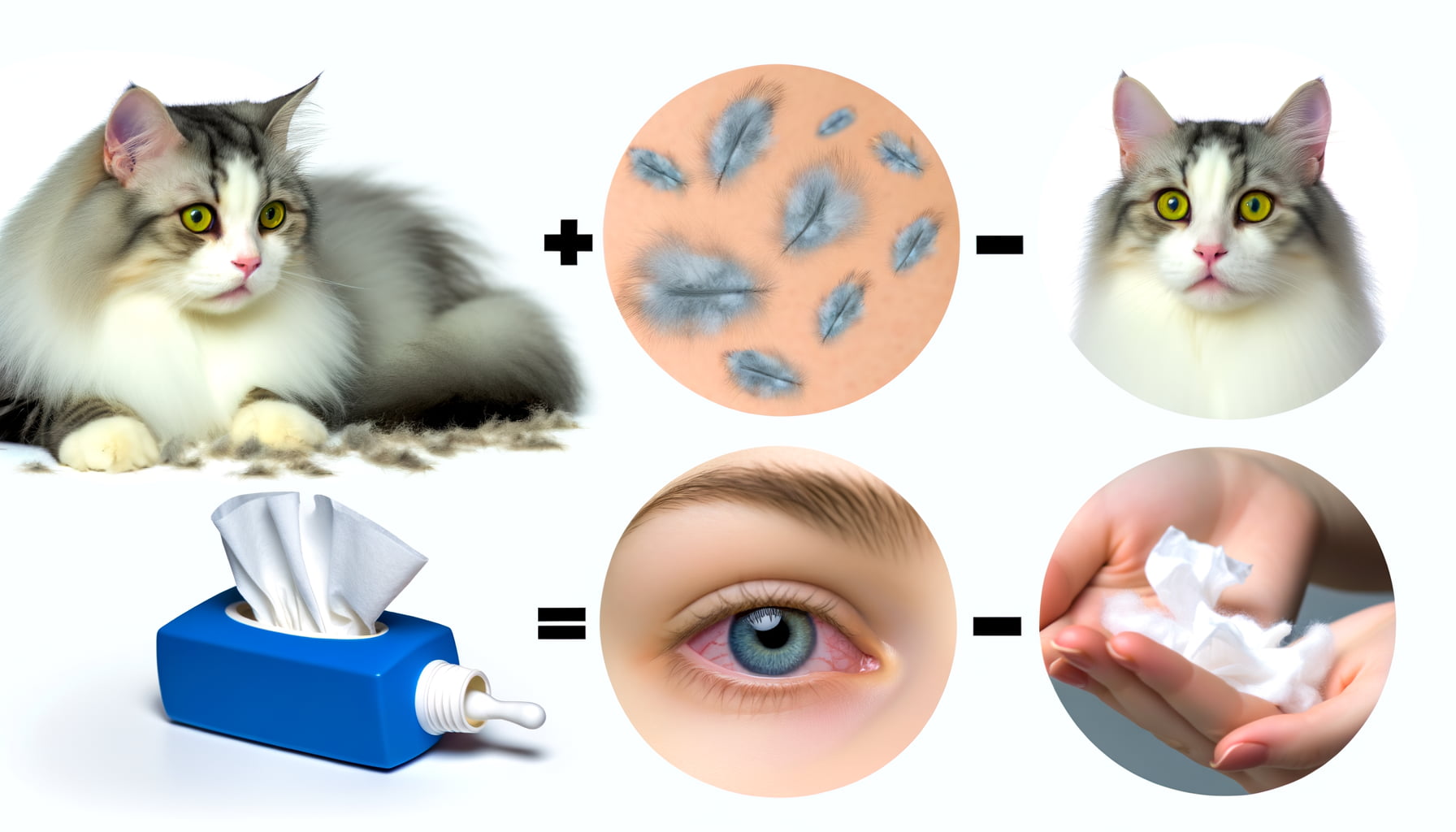
Allergies related to cats are not unusual and are generally attributed to a protein called Fel d 1, found in cat saliva and dander. This allergen can become airborne, and when inhaled by a human with a sensitive immune system, triggers an allergic reaction.
Despite the popular belief, cat hair by itself is not the actual cause of allergies. Instead, the allergen is found on the fur when the cat grooms itself. Moreover, not all cats produce the same amount of allergens; factors such as age, breed, and hygiene have a substantial impact on their allergenicity.
Symptoms of cat allergy can range from mild, such as itchy eyes and sneezing, to severe, like asthma attacks. However, these allergies can be managed with proper precautionary measures, including regular cleaning, limiting physical interaction, and potentially using specialized air filters.
Conclusion
Through this exploration of the impact of cats on human health, we have debunked several myths and shed light on the positive effects of feline companionship. From reducing stress and anxiety to providing social support and even potentially lowering the risk of heart disease, cats play a dynamic role in enhancing our well-being.
As we continue to learn more about the intricate relationship between humans and their furry friends, it is evident that the benefits of having cats in our lives extend far beyond mere companionship. So let’s celebrate our feline friends and embrace the positive impact they have on our physical and mental health.
